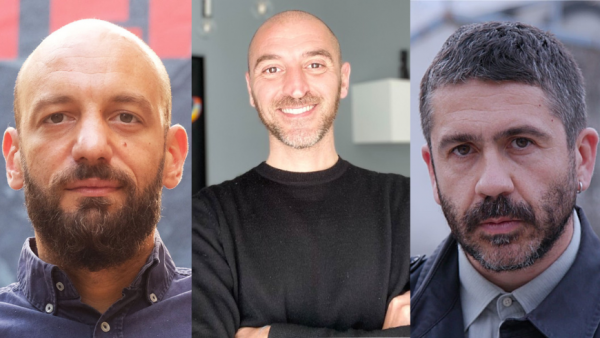Media issues have taken a backseat in Poland so far this year, eclipsed by political reshuffling and international disputes, centring on a controversial new memory law that has been criticized by Israel and the U.S. Nevertheless, new developments – particularly in relation to the regional press – could be expected as the year unfolds, in the run-up to local government elections in November.
Politically, 2017 closed with Mateusz Morawiecki, who previously headed the ministries of finance and economic development, replacing Beata Szydło as prime minister. The promotion of Morawiecki, a former banker fluent in English, sought to improve the Polish government’s image abroad, amid its protracted dispute with the European Commission over the rule of law. The new year opened with a long-anticipated cabinet reshuffle, in which Morawiecki replaced PiS hardliners, including Defence Minister Antoni Macierewicz.
Morawiecki’s efforts to make PiS appear more moderate have had repercussions for the media. On January 10, following criticism at home and abroad, the National Broadcasting Council (KRRiT) decided to rescind a fine of 1.5 million złoty (356,000 euros) that it had levied against private broadcaster TVN in December for its coverage of protests in parliament the previous winter.
Similarly, the planned “deconcentration” of the media that PiS announced last year appears to have fallen by the wayside. The term, used by PiS, referred to a planned law regulating the ownership of private media outlets. While the details were not published, coverage focused on its potential impact on publications owned by foreign publishers, especially German ones. In November, Deputy Minister of Culture Jarosław Sellin indicated that the draft law was ready, but that he is “waiting for a political decision” about whether to proceed with the reform. In the intervening government reshuffle, that decision has been put off.
As prime minister, Morawiecki has distanced himself from the planned reform. “As far as I know, there is no hurry in work to deconcentrate the media”, he told an audience of foreign correspondents in Warsaw on January 10, the day after the reshuffle, when asked about the law. “By that, I do not want to say that nothing in that area is happing”, he added, without providing details.
International concern has focused on a new ‘memory’ law adopted in February. The law, an amendment to the 1998 statute on the Institute of International Remembrance, introduces a penalty of up to three years in prison for “whoever accuses, publicly and against the facts, the Polish nation, or the Polish state, of being responsible or complicit in the Nazi crimes committed by the Third German Reich”. (While media attention has focused on the law in relation to the Holocaust, some experts have pointed how it also criminalizes blaming the Polish state or nation for “other crimes, constituting of crimes against peace, humanity or war crimes”).
Although the text states that the law will not apply to “artistic or scientific activities”, its vagueness and scope have caused concern among historians. Alongside criticism from Israel, the U.S. Department of State has warned that the provision could “undermine free speech and academic discourse”. Despite these concerns, Poland’s President Andrzej Duda signed the bill into law on February 6, while also sending it to the Constitutional Court for certain clarifications.
Since entering force, the law is already being put to the test, with a Polish campaign group suing Página 12, an Argentine newspaper, that it alleges broke the law. The newspaper has said that it has not received any legal notification.



